- Browse
- Relative Motion Differential Equations
Results for "relative+motion+differential+equations"
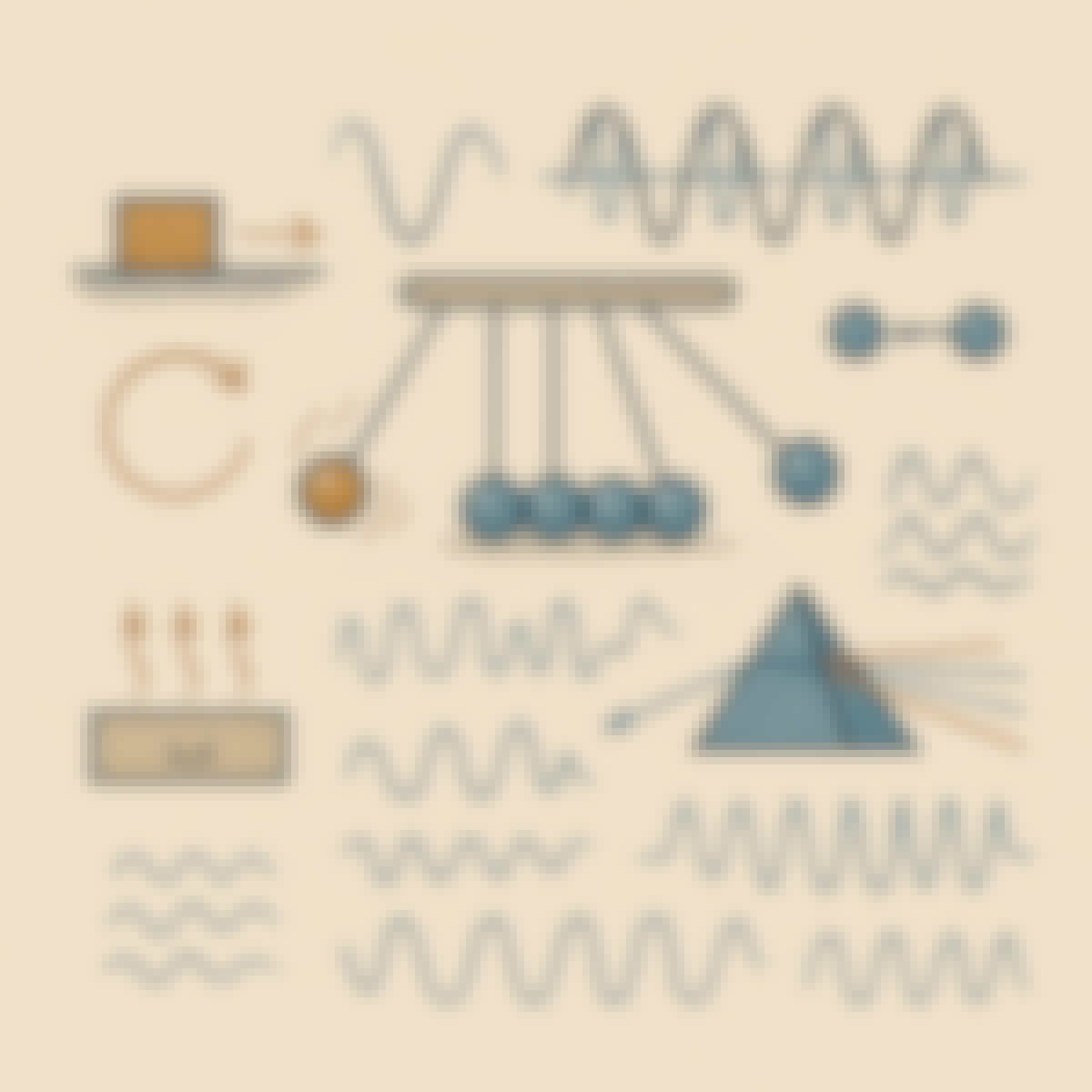 Status: NewNewB
Status: NewNewBBirla Institute of Technology & Science, Pilani
Skills you'll gain: Physics, Mechanics, Engineering, Applied Mathematics, Vibrations, Physical Science, Engineering Analysis, Trigonometry, electromagnetics, Experimentation, Mathematical Theory & Analysis, Problem Solving, Science and Research, Analytical Skills, Computer Science, Critical Thinking and Problem Solving, Logical Reasoning, Research, Software Development, Critical Thinking
Beginner · Course · 1 - 3 Months
 Status: Free TrialFree TrialU
Status: Free TrialFree TrialUUniversity of Colorado Boulder
Skills you'll gain: Control Systems, Vibrations, Systems Engineering, Mechanics, Numerical Analysis, Differential Equations, Mathematical Modeling, Simulation and Simulation Software, Engineering Analysis, Simulations, Safety Assurance, Geometry, Linear Algebra, Torque (Physics), Applied Mathematics, Physics, Calculus, Mathematical Theory & Analysis
5·Rating, 5 out of 5 stars9 reviewsAdvanced · Specialization · 1 - 3 Months
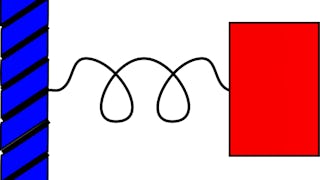 Status: Free TrialFree TrialT
Status: Free TrialFree TrialTThe Hong Kong University of Science and Technology
Skills you'll gain: Differential Equations, Engineering Analysis, Applied Mathematics, Calculus, Integral Calculus, Numerical Analysis, Mathematical Modeling, Advanced Mathematics, Linear Algebra, Vibrations, Electrical Engineering, Derivatives
4.9·Rating, 4.9 out of 5 stars2.2K reviewsBeginner · Course · 1 - 3 Months
 Status: NewNewStatus: PreviewPreviewU
Status: NewNewStatus: PreviewPreviewUUniversitat Politècnica de València
Skills you'll gain: Linear Algebra, Algebra, Geometry, General Mathematics, Applied Mathematics, Arithmetic
Beginner · Course · 1 - 4 Weeks
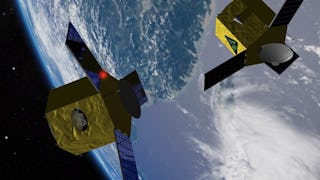 Status: Free TrialFree TrialU
Status: Free TrialFree TrialUUniversity of Colorado Boulder
Skills you'll gain: Mechanics, Differential Equations, Mathematical Modeling, Engineering Analysis, Geometry, Linear Algebra, Simulation and Simulation Software, Numerical Analysis, Applied Mathematics, Physics, Calculus
5·Rating, 5 out of 5 stars9 reviewsAdvanced · Course · 1 - 4 Weeks
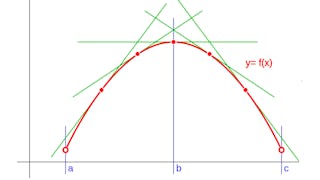 Status: NewNewStatus: PreviewPreviewU
Status: NewNewStatus: PreviewPreviewUUniversitat Politècnica de València
Skills you'll gain: Calculus, Algebra, Derivatives, Applied Mathematics, Mathematical Theory & Analysis, Trigonometry, Geometry, Graphing
Beginner · Course · 1 - 3 Months
What brings you to Coursera today?
 Status: PreviewPreviewK
Status: PreviewPreviewKKorea Advanced Institute of Science and Technology(KAIST)
Skills you'll gain: Differential Equations, Mathematical Modeling, Applied Mathematics, Calculus, Vibrations, Mechanics
4.7·Rating, 4.7 out of 5 stars1.4K reviewsBeginner · Course · 1 - 3 Months
 Status: Free TrialFree TrialT
Status: Free TrialFree TrialTThe Hong Kong University of Science and Technology
Skills you'll gain: Differential Equations, Linear Algebra, Matlab, Engineering Calculations, Engineering Analysis, Numerical Analysis, Finite Element Methods, Integral Calculus, Mathematical Software, Mechanical Engineering, Calculus, electromagnetics, Algebra, Applied Mathematics, Mathematical Modeling, Engineering, Simulation and Simulation Software, Advanced Mathematics, Geometry, Computational Thinking
4.8·Rating, 4.8 out of 5 stars7.7K reviewsBeginner · Specialization · 3 - 6 Months
 Status: Free TrialFree TrialJ
Status: Free TrialFree TrialJJohns Hopkins University
Skills you'll gain: Linear Algebra, Algebra, Advanced Mathematics, Mathematical Modeling, Engineering Analysis, Applied Mathematics, Mathematical Theory & Analysis, Geometry
4.7·Rating, 4.7 out of 5 stars161 reviewsBeginner · Course · 1 - 4 Weeks
 Status: Free TrialFree TrialN
Status: Free TrialFree TrialNNorthwestern University
Skills you'll gain: Robotics, Machine Controls, Control Systems, Automation Engineering, Mathematical Modeling, Mathematical Software, Simulation and Simulation Software, Engineering Calculations, Engineering, Mechanics, Mechanical Engineering, Artificial Intelligence, Vibrations, Applied Mathematics, Engineering Analysis, Automation, Virtual Environment, Torque (Physics), Graph Theory, Matlab
4.7·Rating, 4.7 out of 5 stars1.2K reviewsIntermediate · Specialization · 3 - 6 Months
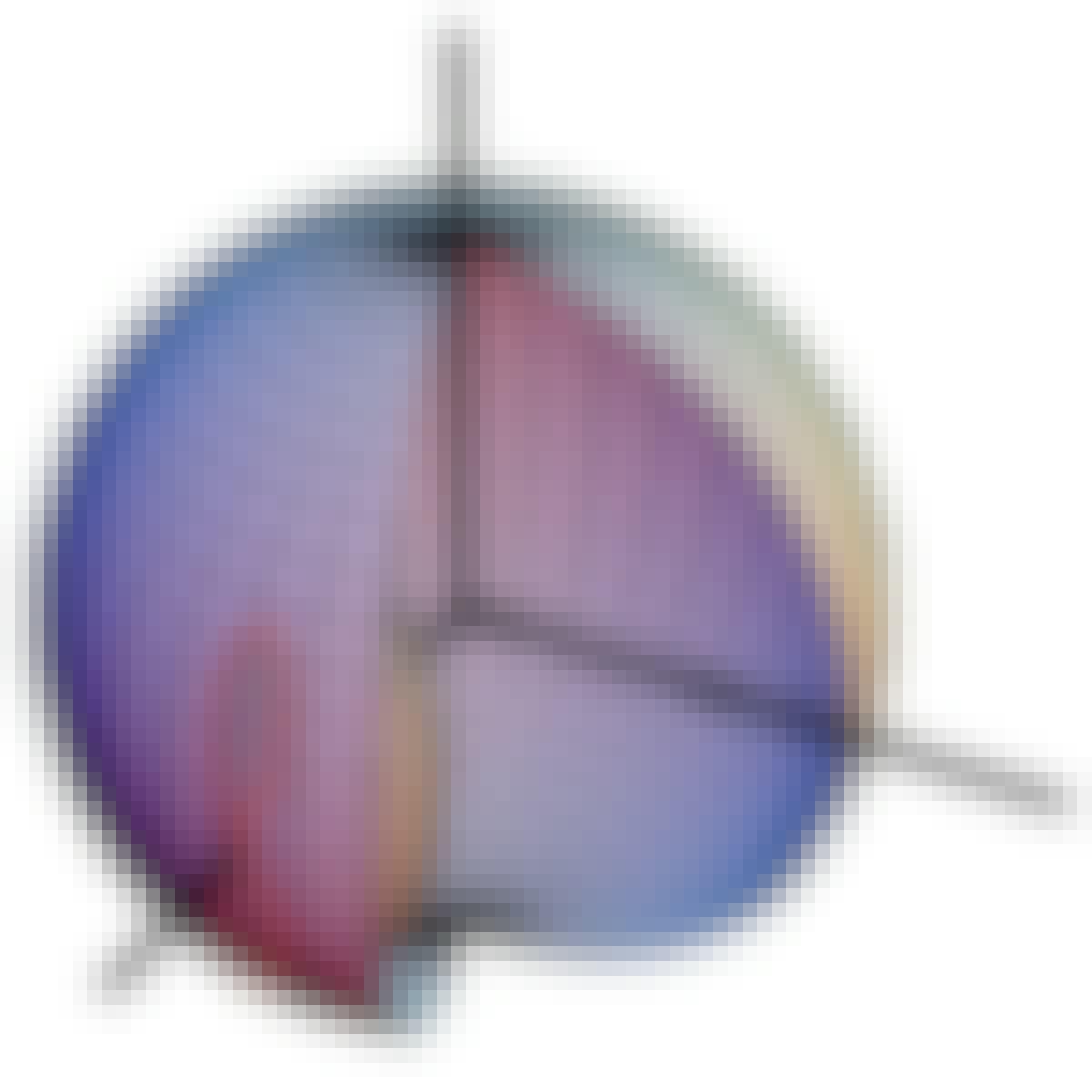 Status: Free TrialFree TrialU
Status: Free TrialFree TrialUUniversity of Colorado Boulder
Skills you'll gain: Control Systems, Vibrations, Mechanics, Torque (Physics), Global Positioning Systems, Linear Algebra, Numerical Analysis, Simulations, Engineering Analysis, Trigonometry, Mathematical Modeling, Differential Equations, Simulation and Simulation Software, Engineering Calculations, Applied Mathematics, Verification And Validation, Engineering, Advanced Mathematics, Algorithms, Physics
4.8·Rating, 4.8 out of 5 stars434 reviewsAdvanced · Specialization · 3 - 6 Months
 Status: Free TrialFree TrialR
Status: Free TrialFree TrialRRice University
Skills you'll gain: Mechanics, Torque (Physics), Physics, Problem Solving, Mechanical Engineering, Engineering Calculations, Calculus, Engineering Analysis, Physical Science, Mathematical Modeling, Algebra, Applied Mathematics, Geometry, Trigonometry
4.7·Rating, 4.7 out of 5 stars294 reviewsIntermediate · Specialization · 1 - 3 Months
What brings you to Coursera today?
In summary, here are 10 of our most popular relative+motion+differential+equations courses
- General Physics: Birla Institute of Technology & Science, Pilani
- Spacecraft Formation Relative Orbits: University of Colorado Boulder
- Differential Equations for Engineers: The Hong Kong University of Science and Technology
- Basic Math: Algebra: Universitat Politècnica de València
- Spacecraft Relative Motion Kinematics and Kinetics: University of Colorado Boulder
- Basic Math: Derivatives: Universitat Politècnica de València
- Differential Equations Part I Basic Theory: Korea Advanced Institute of Science and Technology(KAIST)
- Mathematics for Engineers: The Hong Kong University of Science and Technology
- Linear Algebra: Linear Systems and Matrix Equations: Johns Hopkins University
- Modern Robotics: Mechanics, Planning, and Control: Northwestern University










